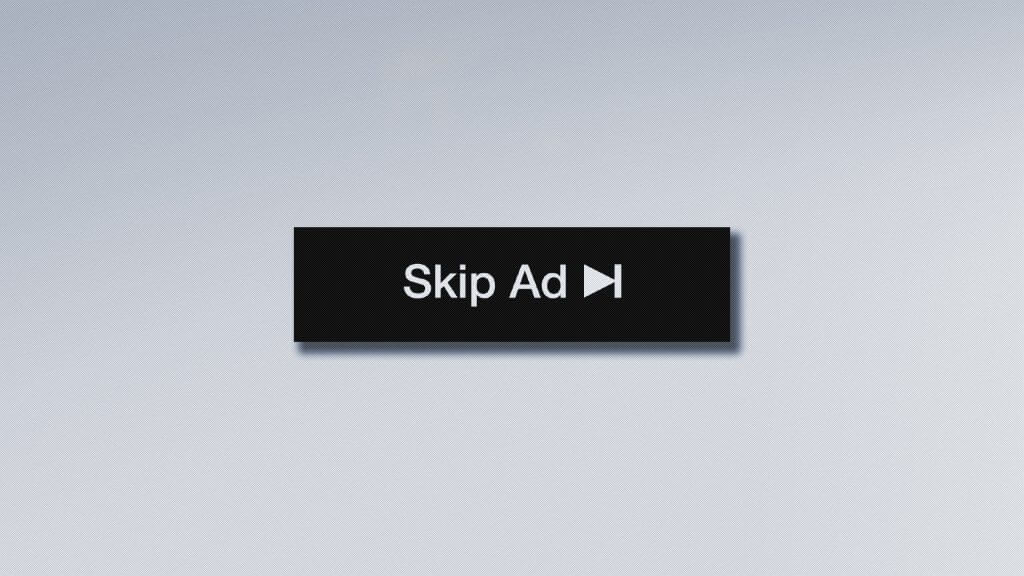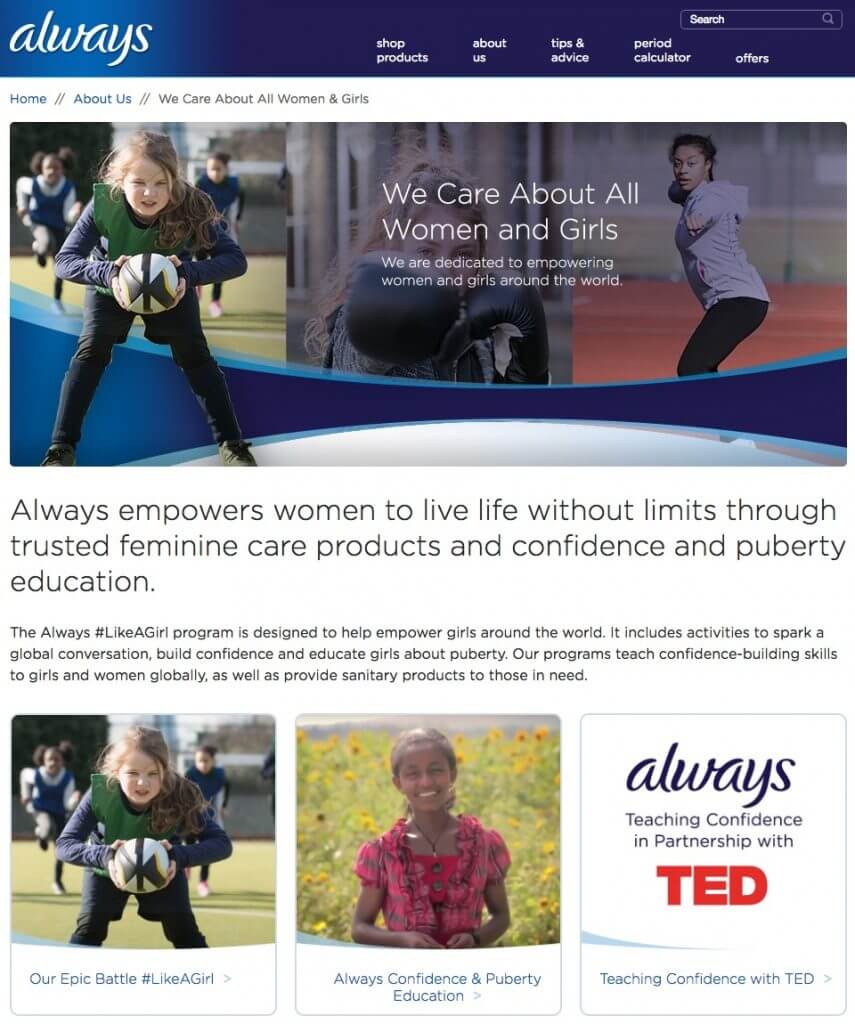Howard L. Gossage was crazy in the very best sense of the word, yet probably not too happy, but definitely a wise man. He was called the "Socrates of San Francisco", where he ran his advertising agency from 1957 until his early death. And Gossage was a Mad Man of the purest water. Mad enough not to reside at the obligatory address Madison Avenue (NY, NY) and mad at advertising, which at that time consisted to an even greater extent of silly advertising than today. His very cleverest surviving sentence is especially valid today and answers a lot of questions for all who understand it, much like Socrates' wise words: "The wise man learns from everything and from everyone, the normal man from his experiences, and the stupid man knows everything better" do.
What we could really start to learn, one way or another, is firstly that people are not as stupid as advertising departments and agencies imagine them to be, as they are then portrayed in campaigns, and that they are also not as stupid as they very often behave. Secondly, that while it has worked for decades to thrust advertising messages in the faces of as many defenceless consumers as possible, it has never been right, certainly not popular and not at all respectful. And thirdly, we could slowly learn that consumers, at least since the first website went online on 6 August 1991, are no longer defenceless but in power. The web has turned consumers into people again, in theory at least, even if in practice they often behave quite differently, namely stupidly.
On the web, companies, services and brands can meet people at eye level in many different ways. It is no longer about products but about relationships, markets have turned into conversations, brands can participate in these conversations, initiate them, enrich them. But what are they trying to do by all means? To manipulate, to influence, to disrupt the conversations. Magic words like native ads or pre-, mid- and post-rolls disguise the old desire to slap advertising messages in front of as many defenceless consumers as possible. If possible, distributed with maximum programmatic efficiency. That's not advertising, that's adverstalking.
Click rates, likes and followers seem to be effective, but all of a sudden Facebook admits that the great success figures unfortunately come from the fakebook. When the marketing pros misuse real tools and thus destroy them, it is no wonder that people invent new tools themselves because they want to protect themselves from them. No wonder people spend money so they don't have to face ads anymore and adblockers are spreading rapidly. If "skip ads" had an Instagram account, Selena Gomez would be writhing in envy over its follower numbers.
This spectacularly wrong-headed thinking of marketing pros not only puts people on edge and brands in trouble. People's defensive behaviour is also increasingly putting publishers on the spot: they are caught in the friendly crossfire of their two customer groups and should be working hard on sustainable solutions with all the ingenuity they can muster.

Is there another way? Yes, absolutely. Yes, successfully. At this point, I always pull the Always #likeagirl example out of my sleeve and approvingly pull out my admiration hat. Always has been involved in building the self-confidence of girls and women since 2014, i.e. in a subject area in which the product itself also makes a contribution. This is the video of the launch of the initiative:
This campaign, in fact: this movement, is in its third year and works on the topic of self-confidence/self-esteem of girls with constantly new initiatives in different aspects. Successful as a campaign, successful in impact, successful for the brand. Here is a compact case study:
This is brand storytelling in perfect form, namely story sharing: brand and audience share common values, a common longing is activated, and in such a way that the audience searches for it, actively participates in it and is not harassed. On the contrary. What do we care about an ad blocker?
By the way: The Gossage sentence I so smartly teased above that reading curiosity is still blazing down here is: "Nobody reads ads. People read what interests them. Sometimes it's an ad." Nothing to add to that, except perhaps a quote from Story Dude's bulging box: "No story - no glory." Isso!

